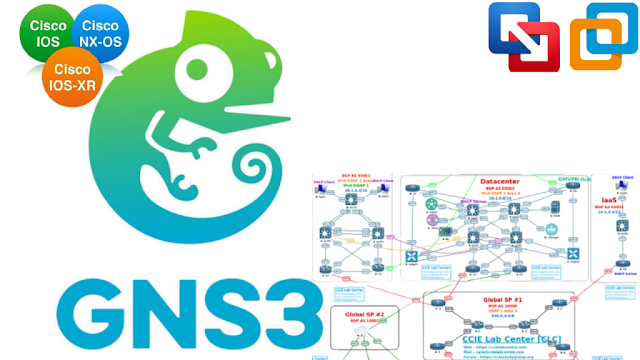Why GNS3 IOS Images are Best to use
Using a USB flash drive to
transfer the image from the flash memory to the USB flash drive and vice versa. You may restore the gns3
labs ccna free download configuration after an IOS upgrade by
using the command "show run" to back it up and save it to a file. Having
a backup of the IOS image can greatly reduce recovery time in the case of a
loss and ensure that the network is operational as soon as is practical. Utilizing
the Cisco command-line interface to transfer the image from the router's flash
memory to a remote server or TFTP server. Use the command to send an image from
flash. Making a backup of the gns3
ios images for router 7200 download on a router is an essential
step in case the current image becomes deleted. It is always recommended to
preserve a backup copy of the image before making any modifications to the
router, such as upgrading to a newer version or installing a new feature set.
Following are the procedures
to back up the Cisco IOS image to a USB flash drive:
Connect the USB flash drive to
the router. To make that the router has recognised the USB flash drive, use the
"dir" command to see the files that are on it. Use the command copy
flash usbflash0 to move the IOS image from flash memory to the USB flash drive.
Wait until the copying is complete before continuing. To verify that the image
has been appropriately copied to the USB flash drive, use the "dir"
command on the router to see the files that are currently on the device. This
could take numerous minutes, depending on the size of the image & the
rapidity of the USB flash drive. Once the process is complete, you can take out
the USB flash drive and safely store it.



Comments
Post a Comment